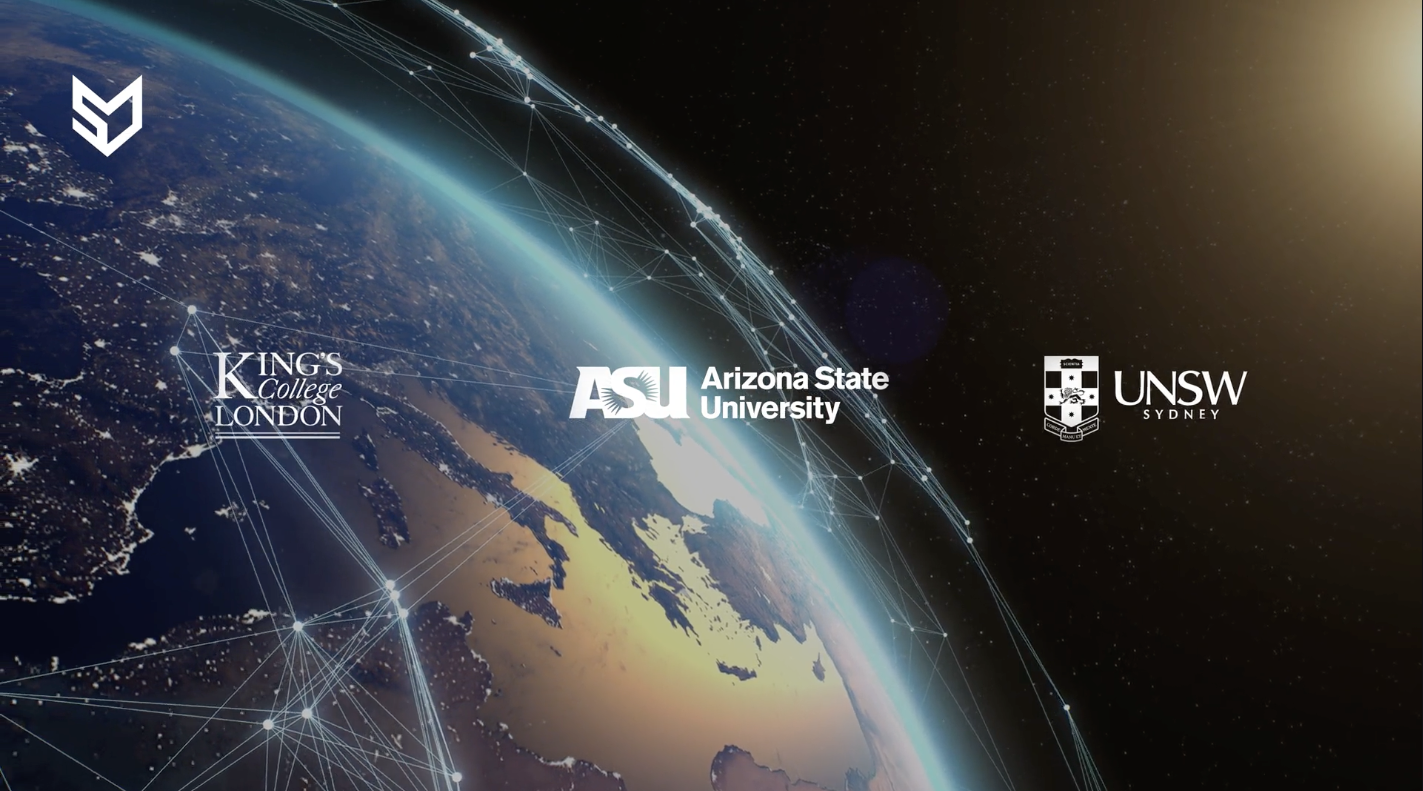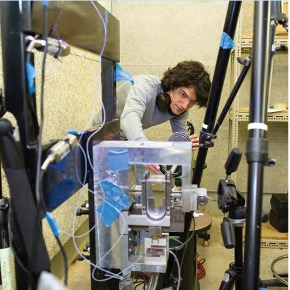The second TEDI-London Summer School pivoted from an in person to a fully virtual offering following the COVID-9 pandemic. 147 students from 20 universities in 21 countries sign up for the 6-week programme including five students from Makerere University in Uganda and five from Portugal. 25 industry mentors gave masterclasses and 19 academic mentors led groups and/or provided expert advice. The Summer School Project's aim was to develop innovative solutions to make Canada Water in London a dementia-friendly community.
By 2030, it is predicted 82 million people worldwide will be living with dementia (World Health Organisation 2019 figures) and there is an urgent need to find innovative ways to support them and their families to prevent further overloading of already stretched health and social care systems.
The final pitches were presented to an industry panel on 8 July. The winning pitch was made by WANA (We Are Never Alone) - a Collective Impact Social Enterprise focused on creating community frameworks that promote access and inclusivity for people with dementia whilst providing developers with strong social fabric from the start of their development. The prize-winning team comprises of students from King’s College London, UNSW plus students from Ireland and Portugal. The team will share a £15,000 prize to fund a trip, COVID-19 permitting to develop their idea further in the TEDI-London labs, working alongside industry specialists including British Land, the developers behind the Canada Water Masterplan who are also TEDI-London's founding industry partner.
The winning team members are:
- Nicole Pereira (King’s College London), Orlaith Fogarthy, Shriya Ashar, Renee Obalda, Sofia Colaço, Kieran Maguire (UNSW), Daohan Fan (UNSW), Feras Elgalad (UNSW), Imogen Hunter (UNSW)
While students were not able to physically travel to take part in this year’s program due to COVID-19, the virtual international experience has proven to enhance students’ responsibility as global citizens in solving real world problems.
Nicole Pereira, International Management BSc student at King’s College London said that the summer school exceeded her expectations: “I grew in so many ways; from how I interact in a global team, to how my brain was challenged by the design process and engineering concepts. I found my ideas challenged and stretched and we managed to create an environment of constructive criticism which as a result made our idea strong.”
Kieran Maguire who is studying for - Master of Architecture (Social Agency) / Diploma of Languages (Korean) at UNSW commented “‘WeLink' delivers instant dementia-inclusive community hubs, formed of recycled shipping containers to the Canada Water development site. The hubs will function as community engagement centres to bring together all residents, especially people with dementia, with the end goal of having a co-designed garden space in Canada Water. Similar to London's approach to the Olympic Games, we looked beyond the temporary nature of our instant communities and considered the legacy they can leave behind.”
Selena Griffith, TEDI-London mentor and Senior Lecturer at UNSW Art and Design, said:
“UNSW aspires to develop globally focussed graduates who are capable of leadership and professional practice in an international community. This cross disciplinary, industry engaged, and entrepreneurial initiative is an exemplar of what we articulate the total learning experience could be for our students. I was delighted to have the opportunity to mentor the winning team for the duration of the program.”
During the Summer School, project assessment methods were piloted, and Learning Tree nodes tested. Surveys and sixty-seven assessments are now being analysed to determine the lessons learned and to assess whether the Summer School model offers a way for TEDI-London to scale up its programme to offset the potential impact of the pandemic on student enrolment. The first cohort of degree students will take up their places in 2021.
Following completion of the Summer School, 46 students from UNSW stayed on for an extra four weeks to work on further projects and to help mentor senior high school age children (16-18-year olds) in the Thinking Ahead programme, a three-week virtual design project in which the participants were asked to design technology, artwork or other artefacts using colour and light to improve the lives of people with disabilities.
TEDI-London is co-founded by PLuS Alliance partners Arizona State University, King's College London and UNSW Sydney. The Institute is designed to unite individuals and partners from diverse backgrounds, fields, and disciplines to develop the skills and confidence to create practical real-world solutions that advance how we live as a global community.
TEDI-London invites industry partners to define the types of value they will need from its staff, students, and programme. Primarily, industry will have immediate access to talented graduates who are problem solvers, practical designers, globally experienced and industry ready.
Further information about the Thinking Ahead Programme can be found at https://tedilondon.ac.uk/home/thinking-ahead/ and the outcomes of the summer school at https://tedi-london.ac.uk/collaborate/
For any further summer school queries contact Sarah Campbell at [email protected]


